
Why We Lie: Are Some Lies More Acceptable Than Others?
Most of us lie and most of us know when we’re lying. But how many of us have examined why we lie?

Where Do You Find Enchantment in Your Life?
Our capacity to be enchanted is crucial to our mental, spiritual, and perhaps even our physical well-being. Let's revisit the meaning of enchantment and make it part of our lives.

You Can’t Fail at Love!
Love need not depend on others. Mindfulness teacher Sharon Salzberg shares advice on how to own your experience of love.
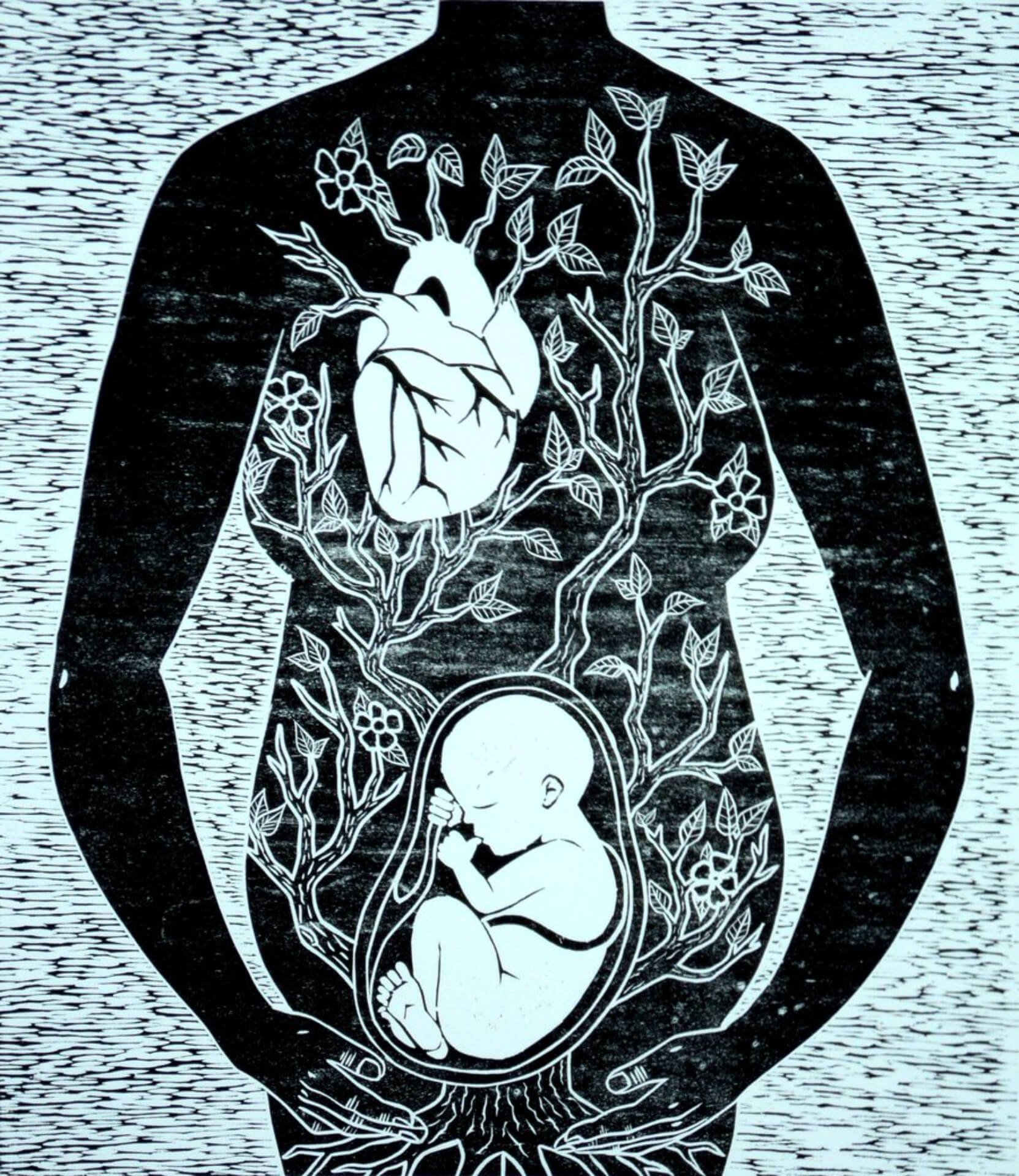
How to Find Hope in Turbulent Times
To sustain hope when the odds are against us, we must look beyond self-determination and self-improvement to what I call the "daily miraculous."


Risks of Speaking Out: Coping with the Inequality of Power
Loss of job, ostracism, impoverishment, humiliation: the cost of speaking truth to power can be intimidating. What determines whether we remain silent or stand up and speak out?
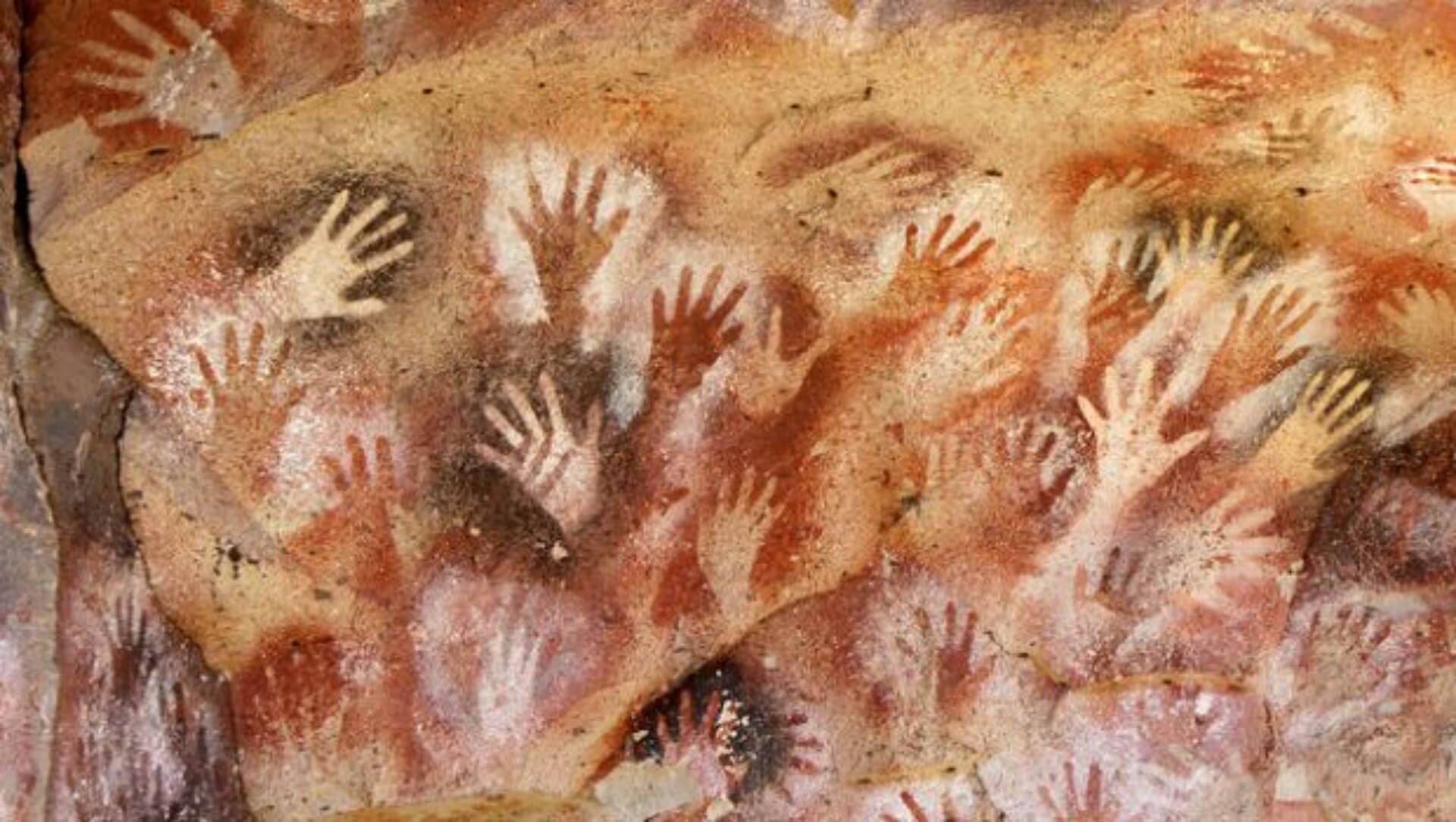
The Things We Carry: How Our Ancestors’ Traumas May Influence Who We Are
New research in behavioral epigenetics reveals how the effects of trauma may be transferred through multiple generations.

My Childhood Trauma: What I Learned, What You Need to Know
Childhood traumas can be paralyzing. I share how I have coped with one that still detonates strong feelings.

Coping with Fear: Face It, Understand It, Overcome It
Fear is hard-wired into us, but unlike other animals we can confront, reflect on and disable our fears.
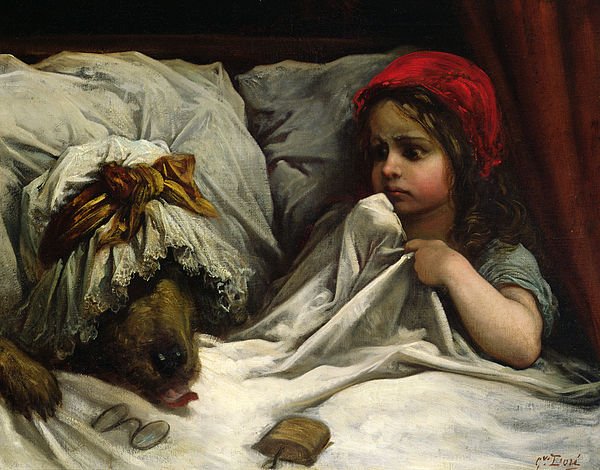
Write Your Own Fairy Tale
Fairy tales are simple stories that can serve as guides to the archetypal patterns in our unconscious minds. Use your favorite to discover and write you own custom fairy tale.

How Snow White and Her Cruel Stepmother Help Us Cope with Evil
Like most fairy tales, Snow White uses archetypes — the innocent princess, the evil stepmother — to illustrate and teach us about universal aspects of human nature.

Revisiting the Myth of Narcissus and “Healthy Narcissism”
Let's take another look at the Myth of Narcissus and take pains to distinguish "healthy" from "unhealthy" narcissism.

Worried About Safety? Join the Club
When do you feel safe? In this anxious time, I take an informal survey of the many things that make us feel safe and unsafe.

How Facing Our “Shadow” Can Release Us from Scapegoating
Why do we assign blame and accuse others of causing misfortune? Carl Jung believed we project onto others what we deny about ourselves.
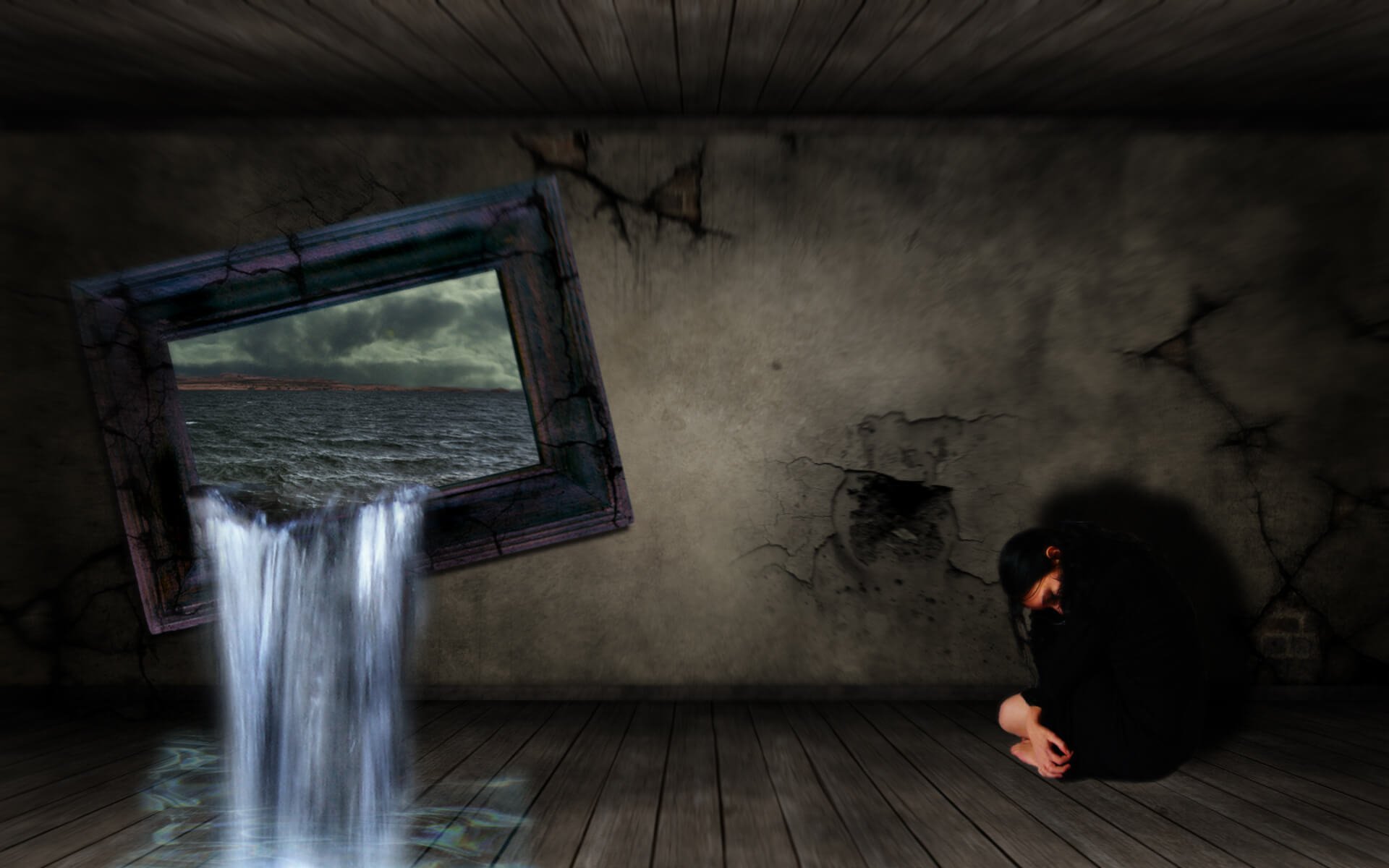
Abiding with Grief: Five Things I Learned
The crippling grief I experienced after my sister's recent death led me to investigate current research about grief and discover how transformative it can sometimes be.
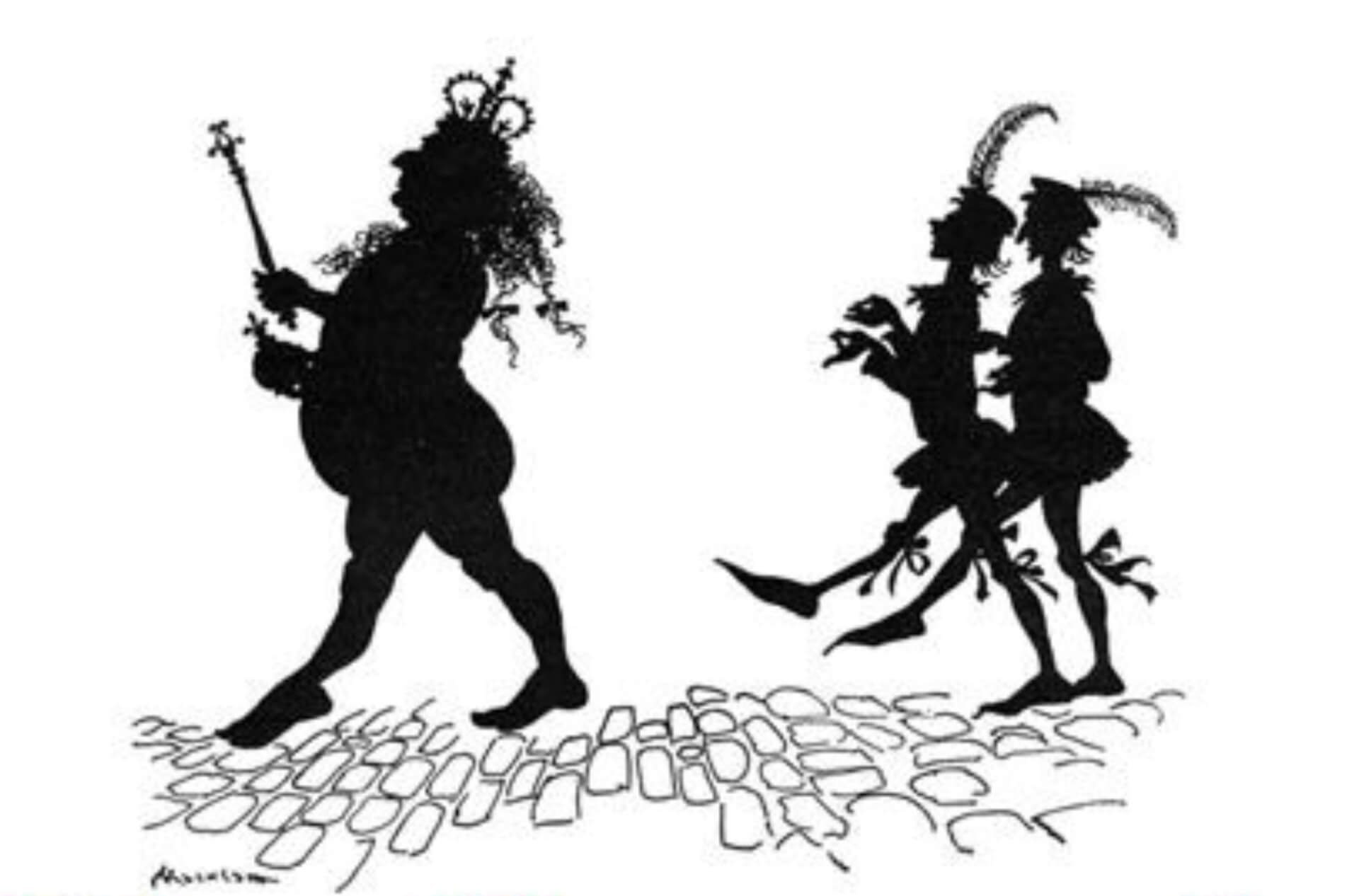
Five Faces of Self-Deception in a Post-Fact World
How do we handle the internal conflict that arises when events contradict deeply held beliefs? Protecting ourselves against self-deception is critical in our "Post-Fact World."
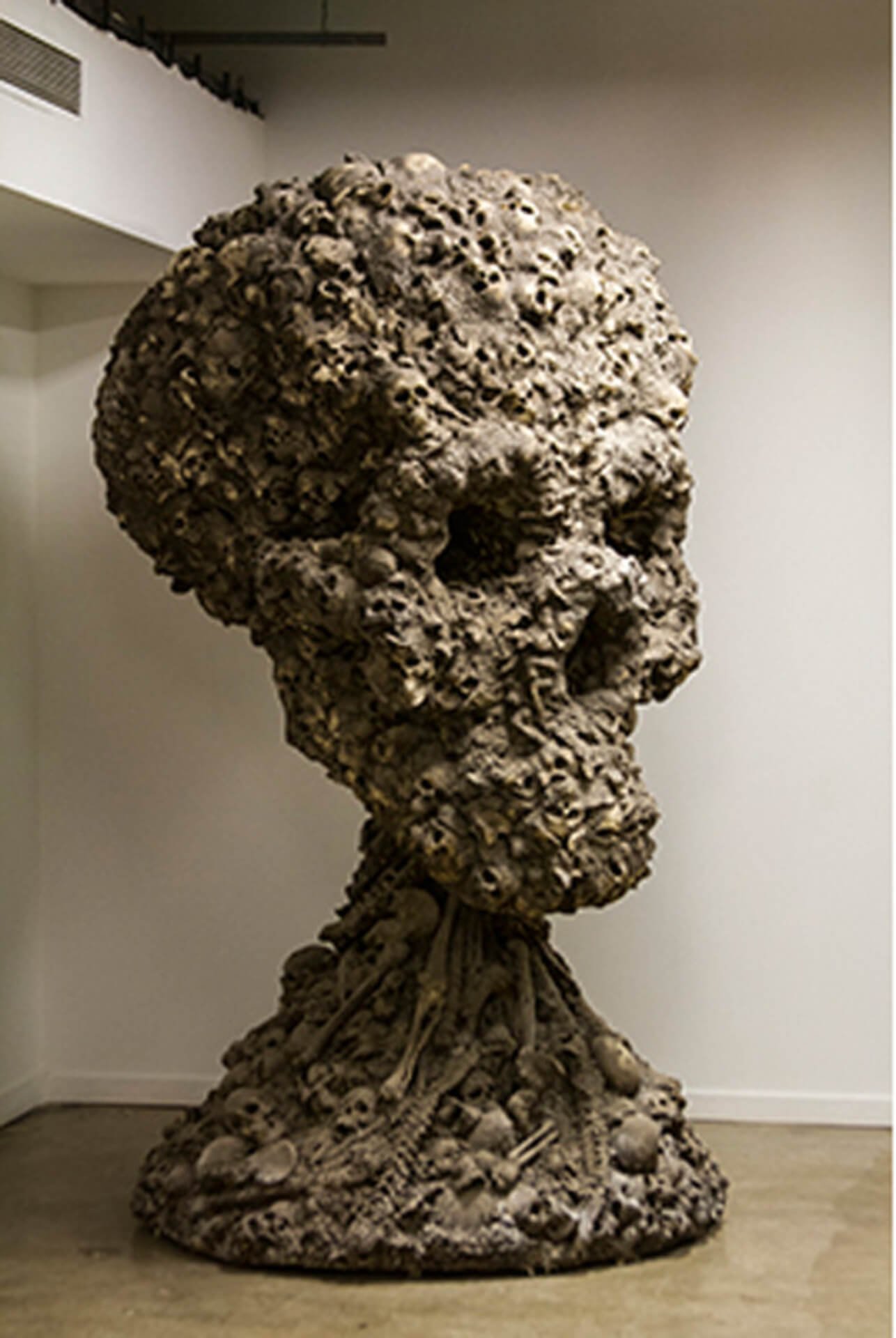
Dreams and Our Need for Empathy and Imagination
How can we avoid the "failure of imagination" we ascribe to our inability to foresee an upcoming catastrophe. Could our dreams unlock the imagination and empathy we're missing?
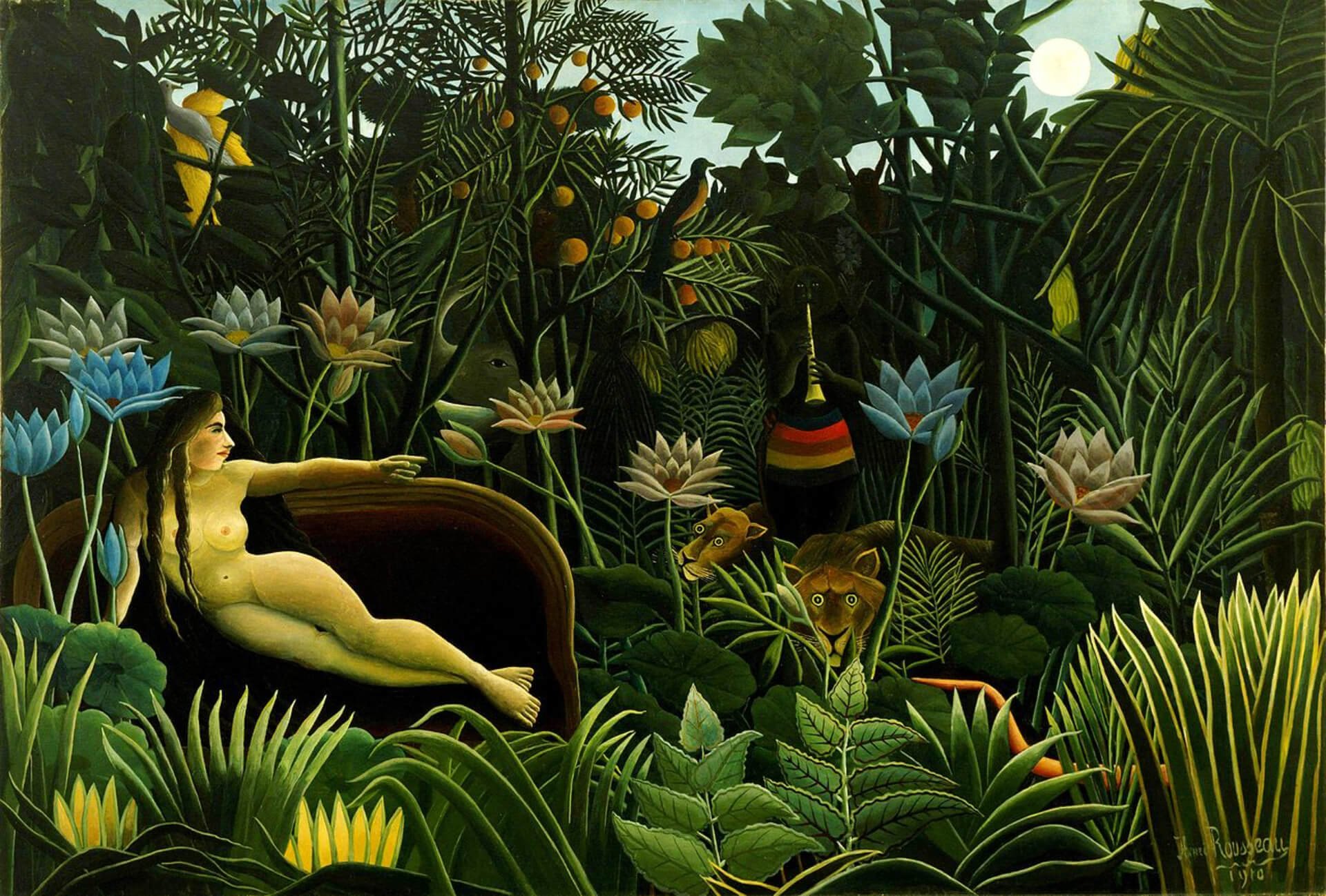
Understand Your Dreams by Engaging Them Using Jung’s “Active Imagination”
Freud and Jung arrived at quite different conclusions about the meaning of our dreams; try Jung’s “active imagination” technique to begin to understand yours.

Dreaming Our Lives: Five Things Our Dreams Could Be Telling Us
What do our dreams mean? Jungian analysis contends that our dreams can help us solve problems and offer keys to our inner self.
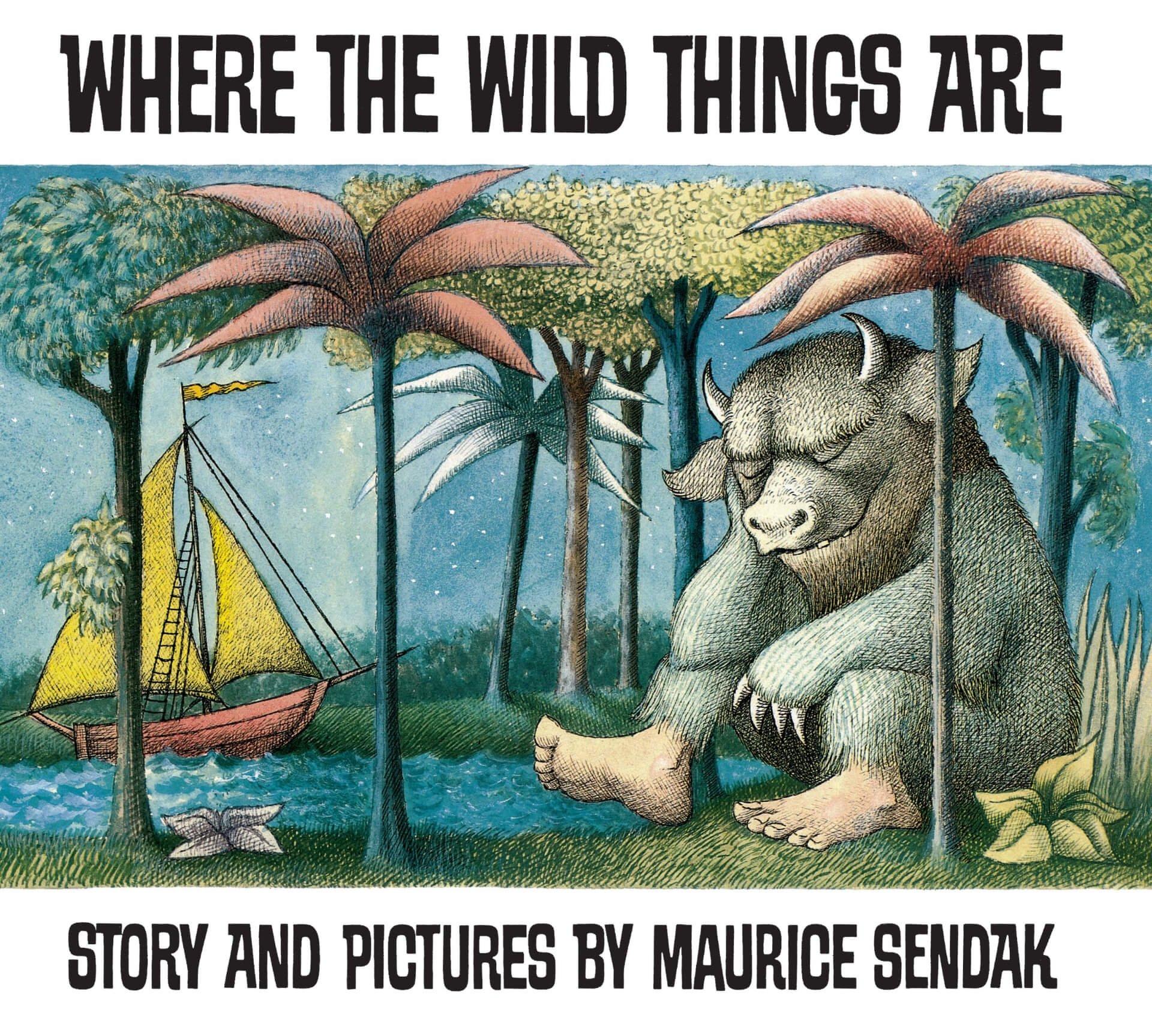
The Hero’s Night Sea Journey: Lunar Consciousness in Where The Wild Things Are
What makes Maurice Sendak's Where The Wild Things Are such a transcendent reading experience for children of all ages? Perhaps Jung's archetype of transformation can explain.